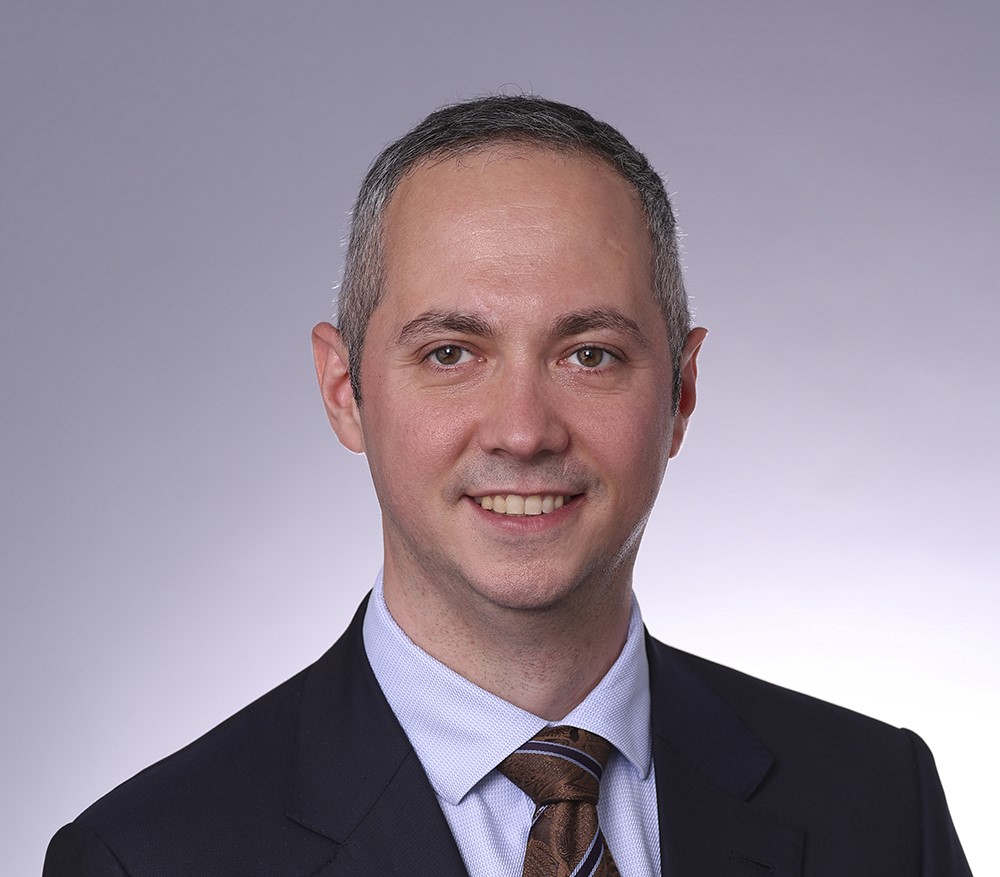{
"authors": [
"Alexander Gabuev",
"Yuichi Hosoya",
"Sabine Fischer",
"Max Seddon"
],
"type": "event",
"centerAffiliationAll": "",
"centers": [
"Carnegie Endowment for International Peace",
"Carnegie Russia Eurasia Center"
],
"englishNewsletterAll": "",
"nonEnglishNewsletterAll": "",
"primaryCenter": "Carnegie Russia Eurasia Center",
"programAffiliation": "",
"programs": [],
"projects": [],
"regions": [
"Russia",
"Europe",
"Asia"
],
"topics": [
"Foreign Policy",
"Military",
"Security",
"Global Governance"
]
}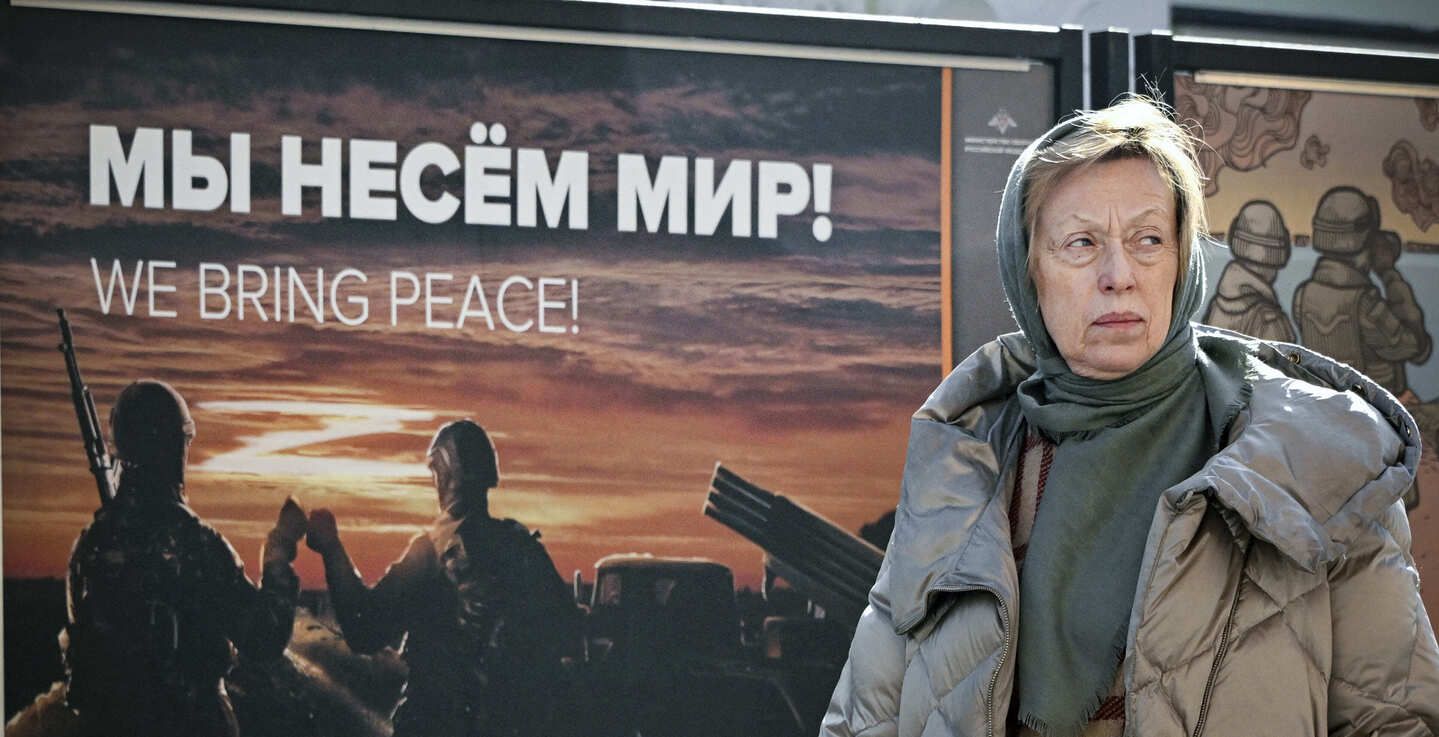
Source: AFP via Getty Images
Turbocharged and Vengeful: Managing the Challenge of a Rogue Russia
Thu, May 22nd, 2025
Invalid video URL
With the full-scale war in Ukraine in its fourth year, and the United States in the midst of abandoning its role as the pivotal security provider in Europe and Asia, Russia is now more confident, resilient, and aggrieved at the West than at any point since 2022.
Alexander Gabuev, director of Carnegie Russia Eurasia Center, Yuichi Hosoya, professor of international politics at Japan’s Keio University, and Sabine Fischer, senior fellow at the German Institute for International and Security Affairs, gathered to discuss how European and Asian democracies can better prepare to manage the challenge emanating from a rogue and vengeful Russia. The panel was moderated by Max Seddon, Moscow bureau chief of the Financial Times.
Vladimir Putin is, in Alexander Gabuev’s view, convinced that the West has already played its strongest hand and that time is on his side. Consequently, a ceasefire would be fundamentally disadvantageous to Russia: a fact that Donald Trump does not appear to have grasped. Since Ukraine’s armed forces believe they can still repel the Russian offensive, a ceasefire remains, in Gabuev’s assessment, a distant prospect.
Sabine Fischer argued that Germany remains both unable and, in part, unwilling to assume leadership in a determined European military effort. A broader reluctance to develop the kind of strategic mindset needed to confront Russia’s hybrid warfare continues to prevent the delivery of heavy weaponry such as the Taurus cruise missile to Ukraine—even under Chancellor Friedrich Merz.
While former Japanese Prime Minister Shinzo Abe supported sanctions after Russia’s 2014 annexation of Crimea, he simultaneously pursued a resolution to the territorial dispute between Russia and Japan and sought to build diplomatic bridges between Trump, Xi Jinping, and Putin in 2019. Today, however, Japan is one of Ukraine’s most vital backers and its foremost ally in Asia, according to Professor Yuichi Hosoya. He believes that should the Trump administration lean toward isolationism or even a Russia-friendly posture, Japan would likely align itself more closely with Europe than with the United States.
The panel also examined the motivations behind Trump’s conciliatory stance on Russia. Fischer argued that Trump prioritizes the normalization of relations with Russia over securing a meaningful cessation of hostilities in Ukraine, and might therefore pursue rapprochement with Putin without insisting on a negotiated settlement. Gabuev countered that such a normalization would be impossible without a ceasefire and that Trump would likely face substantial bipartisan resistance in Congress to any attempt at reengagement without clear conditions.
All panelists agreed that a so-called “reverse Kissinger”—a strategic effort to lure Russia away from China—currently remains a geopolitical impossibility. Not only is Russia dependent on Chinese technological aid; China, in Gabuev’s view, is committed to keeping Putin in power and supporting Russia as a guarantor of regional stability. Hosoya added that Russia’s seat on the UN Security Council means that Beijing also needs Putin on its side should China invade Taiwan.
Carnegie does not take institutional positions on public policy issues; the views represented herein are those of the author(s) and do not necessarily reflect the views of Carnegie, its staff, or its trustees.
Event Speakers
Alexander Gabuev is director of the Carnegie Russia Eurasia Center. Gabuev’s research is focused on Russian foreign policy with particular focus on the impact of the war in Ukraine and the Sino-Russia relationship. Since joining Carnegie in 2015, Gabuev has contributed commentary and analysis to a wide range of publications, including the Financial Times, the New York Times, the Wall Street Journal, and the Economist.
Yuichi Hosoya
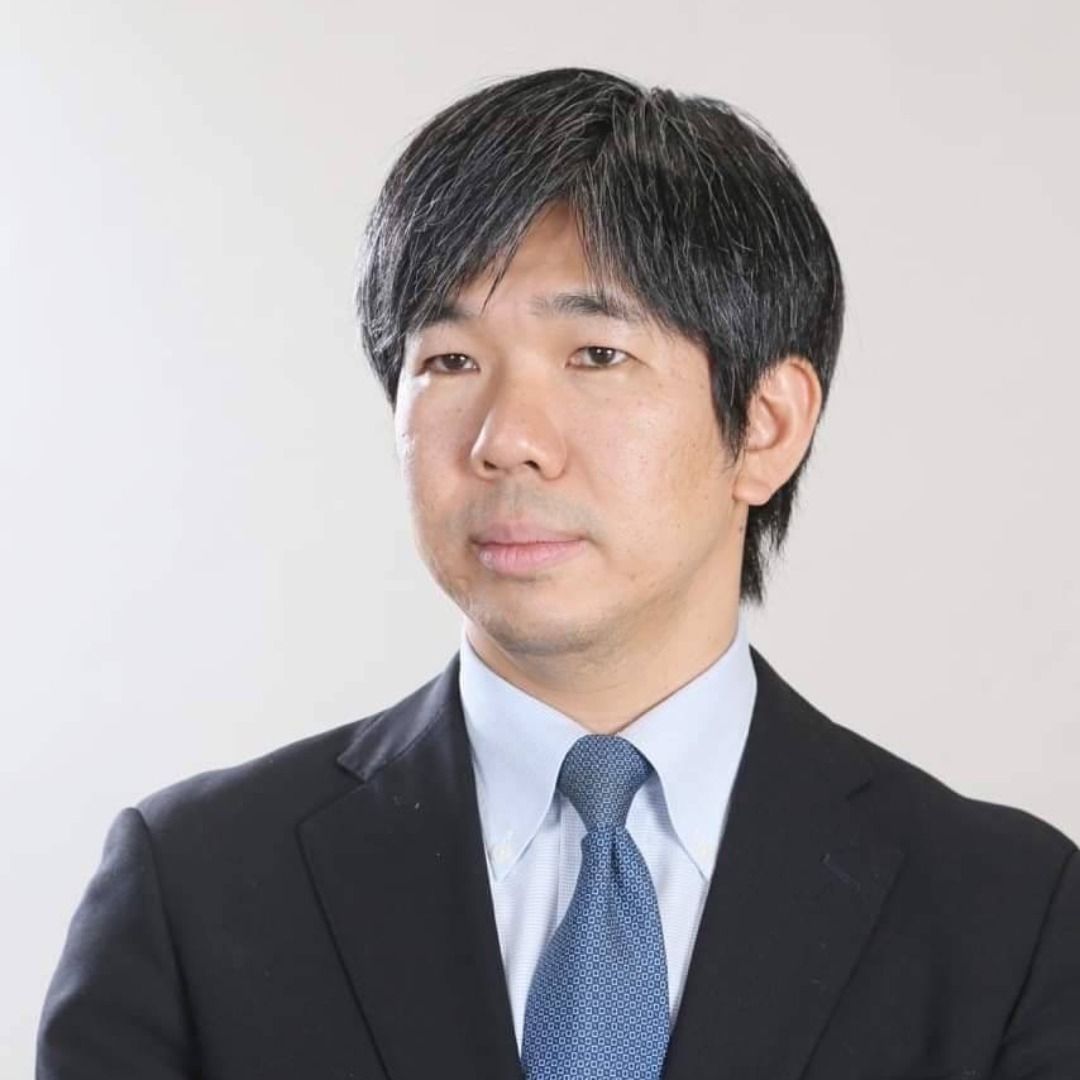
Professor in the Faculty of Law at Keio University where he focuses on post-war international history, Japanese diplomacy, and contemporary international security.
Sabine Fischer
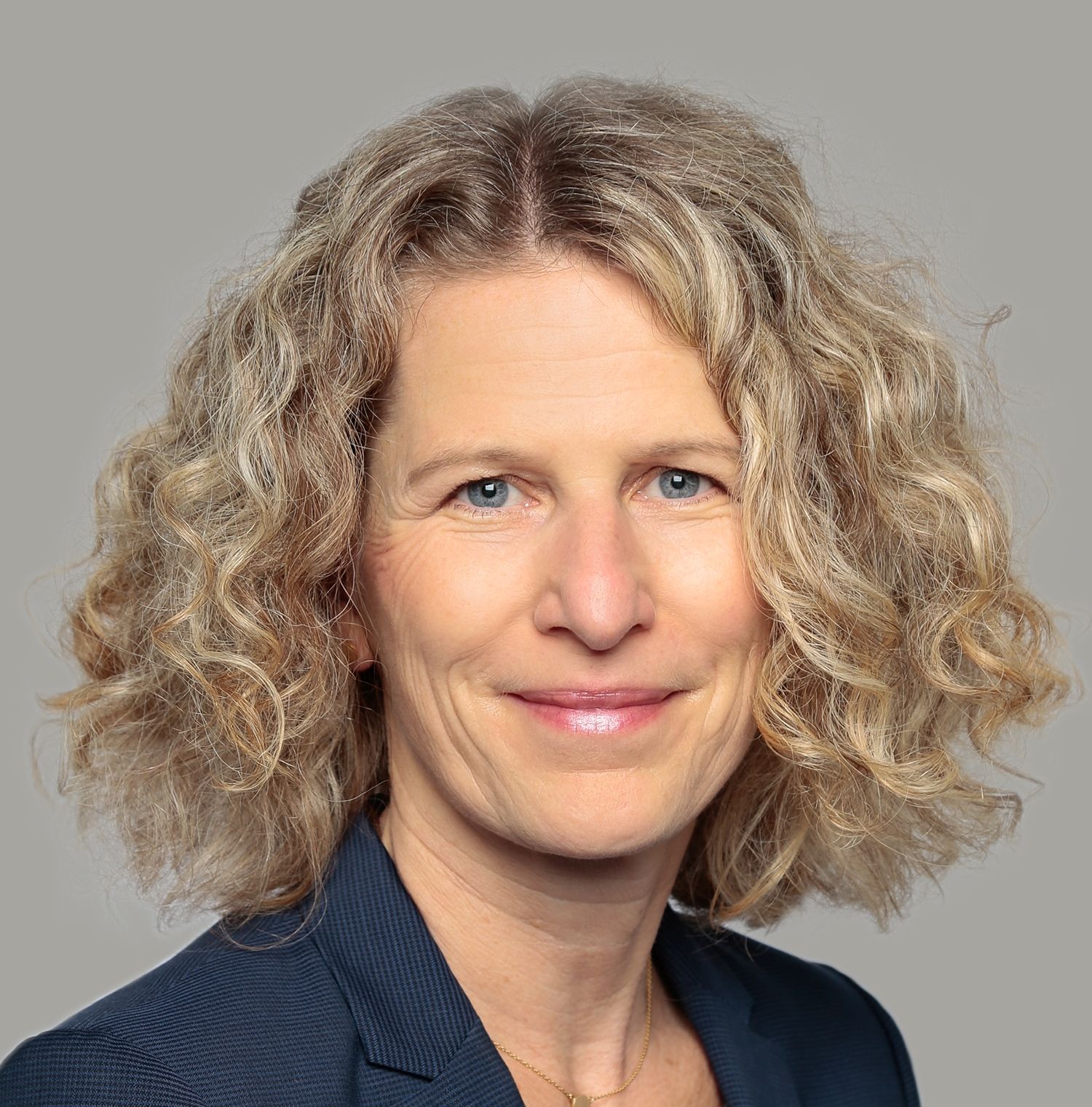
Senior fellow at the German Institute for International and Security Affairs
Max Seddon
Financial Times
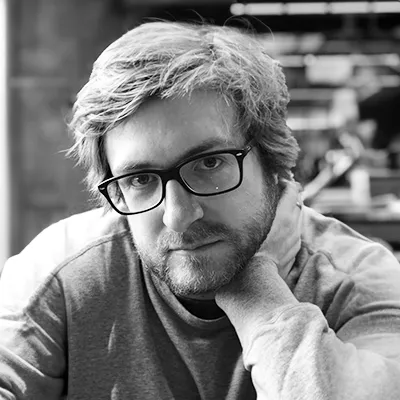
Moscow bureau chief of the Financial Times.
